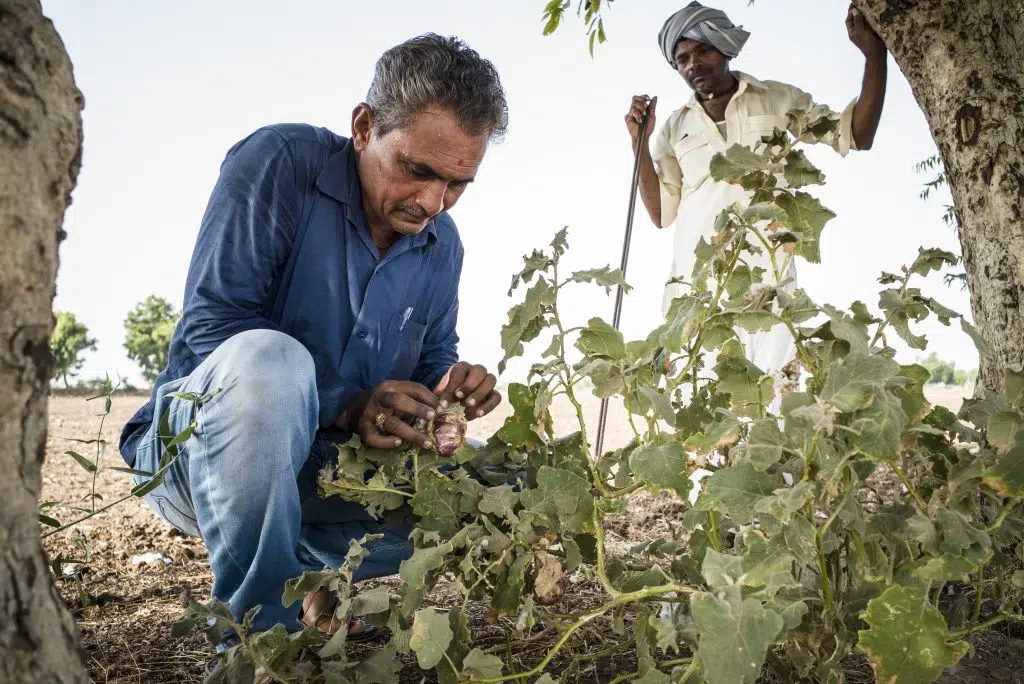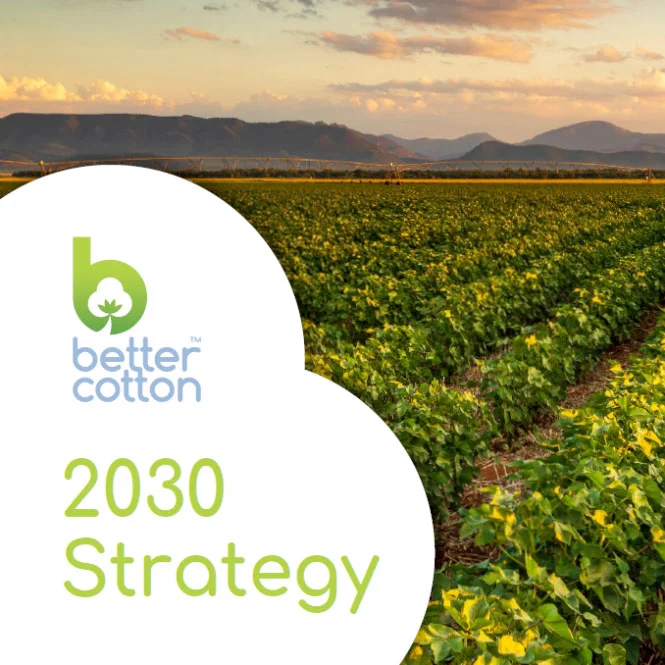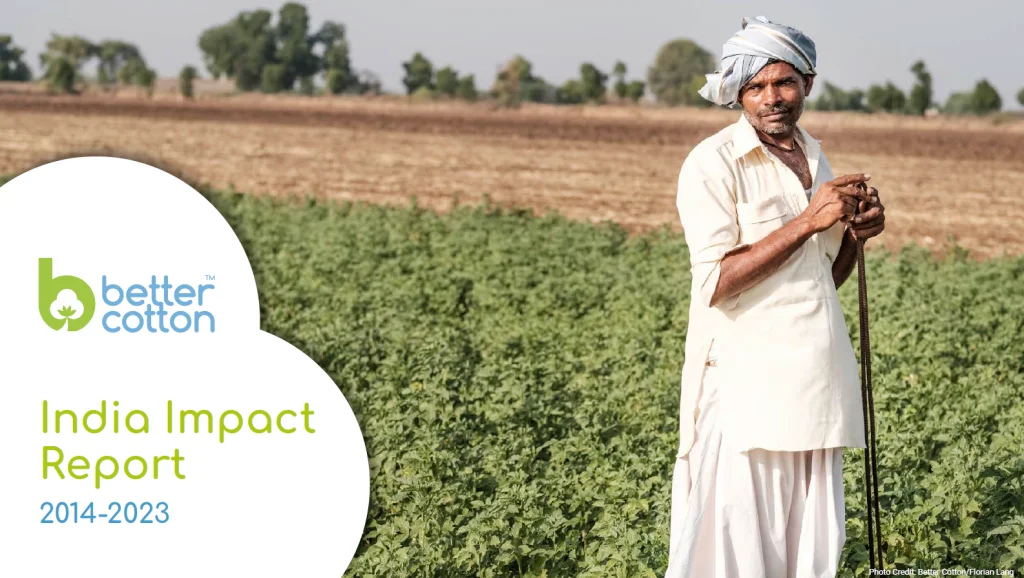- Who we are
- What we do
In just over 10 years we have become the world’s largest cotton sustainability programme. Our mission: to help cotton communities survive and thrive, while protecting and restoring the environment.
- Where we grow
Better Cotton is grown in 22 countries around the world and accounts for 22% of global cotton production. In the 2022-23 cotton season, 2.13 million licensed Better Cotton Farmers grew 5.47 million tonnes of Better Cotton.
- Our impact
- Membership
Today Better Cotton has more than 2,700 members, reflecting the breadth and diversity of the industry. Members of a global community that understands the mutual benefits of sustainable cotton farming. The moment you join, you become part of this too.
- Associate Membership
- Civil Society Membership
- Producer Organisation Membership
- Retailer and Brand Membership
- Supplier and Manufacturer Membership
- Find Members
- Member Monitoring
- Better Cotton Platform
- myBetterCotton
- Resources – Better Cotton Conference 2022
- Complaints
- Whistleblowing
- Safeguarding
- Get Involved in the Better Cotton Programme
- Thank you for contacting us
- Better Cotton’s Data Privacy Policy
- Log in
- Members’ Area
- Request for Proposals
- Better Cotton Cookie Policy
- Web Reference
- Measuring Cotton Consumption
- How to Implement the Chain of Custody Standard
- Resources – Better Cotton Conference 2023
- Certification Bodies Old
- Latest
- Sourcing
- Latest
The founding premise of Better Cotton is that a healthy sustainable future for cotton and the people that farm it is in the interests of everyone connected with it.
Let us help you find what you’re looking for
Results for {phrase} ({results_count} of {results_count_total})Displaying {results_count} results of {results_count_total}
Better Cotton makes Commitment to Action at the Clinton Global Initiative 2022 Meeting.

Better Cotton today announced that it is looking to work with smallholder farmers to pioneer an insetting mechanism to promote and incentivise sustainable agricultural practices. The organisation is hoping to develop a cotton-specific carbon insetting accounting framework to be integrated into the Better Cotton traceability platform.
The announcement was made at the Clinton Global Initiative (CGI) meeting in New York. CGI convenes global and emerging leaders to create and implement solutions to the world’s most pressing challenges. Better Cotton is now looking to partner with businesses and funders to make the plan a reality.
Better Cotton’s traceability system is due to be launched in 2023, and would provide the backbone for the insetting mechanism. Once implemented, the insetting mechanism would enable retail companies to know who grew their more sustainable cotton, and allow them to incentivise farmers directly with credits.
Until now, it has been impossible to build a carbon insetting mechanism to reduce GHG emissions in the cotton supply chain at scale. Farmer centricity is a key pillar of Better Cotton’s work, and this solution ties into the 2030 Strategy, which lays the foundation for a strong response to climate threats within the cotton value chain, and mobilises action for change with farmers, field partners and members.
To launch Better Cotton’s Commitment to Action, Better Cotton COO, Lena Staafgard, will attend the CGI meeting on 19th September 2022. The event will showcase the initiatives of organisations working towards climate resiliency, and will feature a video of Alia Malik, Senior Director of Data and Traceability at Better Cotton, introducing Better Cotton’s innovative solution.
We are pleased to be a part of the CGI community. This will amplify our work with smallholder farmers, and ultimately help us achieve our goals of enabling farmers to profit from implementing more sustainable practices in cotton growing. It will also allow to further build the business case for traceability up and down the supply chain and enable brands to have more insight in to who grows the cotton in their products.


